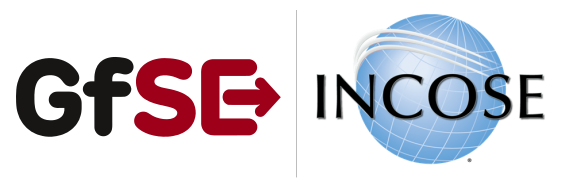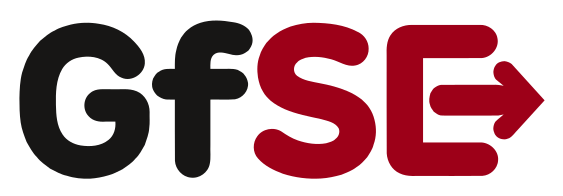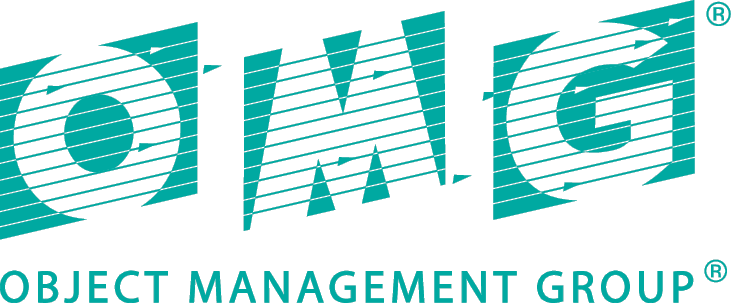Agilität im Systems Engineering
(AgileSE)
In line with our motto: “Better agile with systems engineering”, we work with and on principles, practices, methods, frameworks and underlying thought patterns that bring together the approaches of agility and systems engineering.
AG für angewandte Lehre und Forschung
(ARGALF)
In the GfSE “Working Group for Applied Teaching and Research” (ARGALF for short), professors from various universities regularly exchange ideas and thus improve their own systems engineering-related teaching, for example.
Funktionale Architekturen für Systeme
(FAS)
The FAS working group aims to gather experience in the application of existing methods for the development of functional architectures and to improve the methods.
Integrated Product Support im Systems Engineering
(IPS4SE)
Under the influence of changes in interoperability, business models, digitalisation and networking, influencing parameters that act as cost drivers at an early stage is becoming increasingly important.
Integration von MBSE und PLM
(PLM4MBSE)
The PLM4MBSE working group on the integration of MBSE and PLM develops requirements for MBSE authoring tools such as SysML and Modelica as well as for the architecture and interfaces of PLM systems for improved cross-disciplinary collaboration in the product development process.
Künstlich intelligente Systeme
(KIS)
The Artificially Intelligent Systems (AIS) working group focuses on the combination of artificial intelligence and systems engineering. We identify needs from industry, the public sector and education in this area.
Model-based Systems Engineering
(MBSE)
Model-Based Systems Engineering (MBSE) is becoming increasingly relevant and is being used in more and more companies. However, there are differences in the approach and implementation between companies. In this working group, we exchange experiences in order to identify best practices and benefit from each other.
Modelling Rules for Engineering Under Safety aspects
(MORFEUS)
In German, "Sicherheit" cannot be clearly differentiated between security and safety as it is in English. The term functional safety has become established here, but indicates the safety of a function and limits the view to safety.
Moderat-komplexe Systeme
(MkS)
For many companies that develop small to medium-sized, yet complex systems, the variety of systems engineering methods seems too extensive to find an orderly introduction to the topic. Systems engineering becomes relevant for companies when their products reach a certain level of complexity.
SE Best Practice Circle
(SE-BPC)
The SE Best Practice Industry Group (SE-BPC) is made up of companies that want to make the field of SE visible and practically applicable within the company. With the still young Model-Based Systems Engineering (MBSE), it is also currently being raised to a new performance level.
Sustainability enabled by Systems Engineering
(SuSy)
Aligned with INCOSE Vision 2035, which identifies sustainability as a megatrend shaping the future of systems engineering, this working group promotes Engineering for Sustainability as a systemic property.
System Architecture Framework
(SAF)
The SAF working group has developed the System Architecture Framework (SAF), a framework that supports the model-based development of technical systems based on the SysML modeling language.
Systemdenken für alle
The working group is convinced that systems thinking can help to understand and deal with the complexity of everyday life. That is why we want to make the ideas and concepts of systems engineering and systems thinking available to the general public.
Unified Architecture Framework
(UAF)
Systems engineering uses systemic thinking to design the entire life cycle of technical systems. These principles and methods, including modeling languages such as UML® and SysML®, can also be applied to organizations to support continuous improvement and transformation.
Viewpoints
For the sub-area of system and software architectures, views are dealt with in the ISO 42010:2022 standard. We assume here that this standard can be generalized to issues relating to MBSE as a whole.






